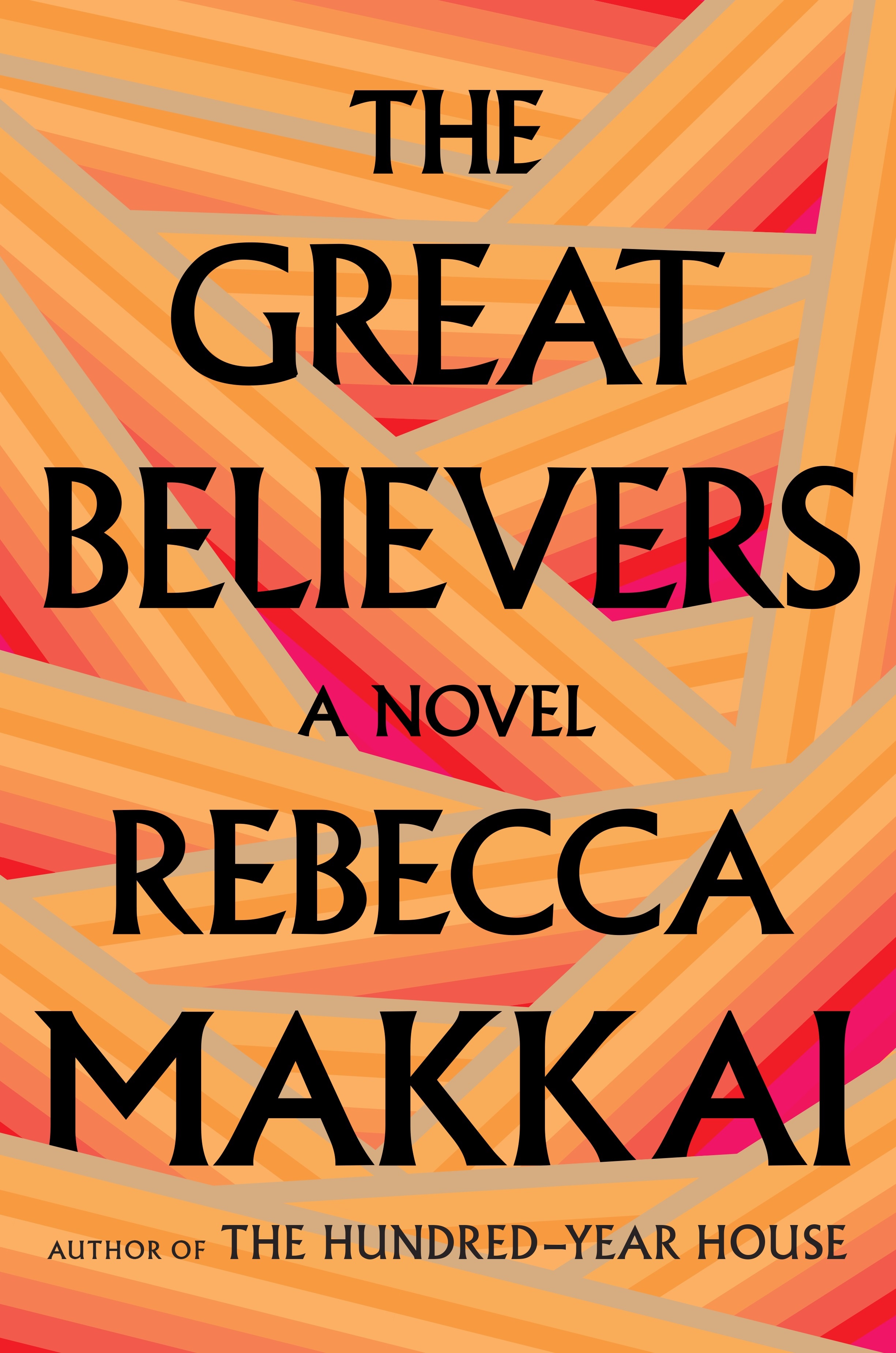REVIEW: When the AIDS Crisis Hit Chicago and Left Tragedy in Its Wake
/The Great Believers by Rebecca Makkai
Viking 421 pp.
By Celia McGee
History’s chapters can’t repeat themselves literally, but the reflections so many cast back on countless others suggests it’s not exactly linear, either. Rebecca Makkai has been known to play with this looking-glass business in her writing—the novels The Borrower and The Hundred-Year House, and the short-story collection Music in Wartime. Her new novel, The Great Believers, holds time’s mirroring at its heartfelt center, while also rescuing a piece of the past that might otherwise have remained stashed away in piecemeal records and fading memories of the city she tends to frequent in her fiction, Chicago.
San Francisco and New York have shared the hard spotlight pretty much exclusively when it comes to recounting the AIDS epidemic of the 1980s. The Great Believers restores to the history of another storied American city, and to the national image it has helped compose, the lives lived and lost, the events survived and carried forward when the ruinous scourge decimated gay Chicago in those same years. Makkai is a resolute reporter of facts, artfully carving out space for them in fiction.
Yale Tishman, director of development for a new art gallery at Northwestern University, originally arrived in Chicago just a few exuberant years before, pleasurably settling in to Boystown, the Northside brownstone neighborhood seductively bordered by Lake Michigan and its anything-goes beach. But now, from what he considers the sociable safety of his relationship with the dashing publisher of a hip, committed gay newspaper, he’s forced to witness the devastation of a disease as it metastasizes to plague proportions. Degrees of separation from it shrink as distant acquaintances and close friends alike succumb to horrors that Makkai unsparingly describes.
Fiona Marcus is a decade younger than Yale, the devoted younger sister of a gifted, life’s-a-party artist whose memorial—a boozy celebration he stipulated on his deathbed—opens the book. Rejecting her family the way they’ve rejected Nico, she’s an indefatigable caregiver, then mourner to the bright lights dimming and extinguished around her. Makkai tells the bulk of Fiona’s story from the perch of 2015 and Paris, where the older Fiona has come in search of her wayward daughter, born the same day Yale crosses a finish line that has deeply marked mother and daughter both for 30 years.
In the midst of the darkening sphere that took her brother, Fiona has also facilitated a bright spot, a great coup in Yale’s career, jump-starting for him a connection to a firecracker of a great-aunt of hers, 92-year-old Nora, whose time in bohemian Paris just before and after the First World War seems to have produced a quietly bank-vaulted trove of work by the famous artists she knew there. How and why this may benefit the gallery Yale has hitched his star to gives Makkai the opportunity to lay out a high-stakes mystery trail, winding through the mercurial twists of art history, the eccentricities of planned giving, Hail-Mary acquisitions, and the human limitations on professional ethics. Yale’s childhood and adolescence were bitter, lonely and beleaguered by bullying and abandonment. His encounters with Nora will determine whether they damaged or perfected him for facing moral dilemmas.
It’s Nora’s immersive recollections of Paris that ferry the novel to a more distant past, of F. Scott Fitzgerald’s “great believers” referenced in Makkai’s title, irretrievably changed survivors of an unprecedented conflict and drawn by her in parallel with those her novel cherishes, hails and remembers in Chicago’s early years of gay pride and the acquired immune deficiency that, character by character, fails to wipe out that pride’s resilience. So do Reagan’s America, the brutal indifference of its government, the heat-seeking hatred of physical attacks and verbal abuse. To believe in something is to have faith, and Makkai dispenses it fiercely, in defiance of understandable nihilism and despair—faith in what’s right, in the good in others, in better outcomes, in time’s ability not to heal but to make something new. Fiona will need that as Paris confronts her with the new world disorder of terrorism spreading practically to her doorstep.
Makkai’s writing isn’t the kind that calls attention to itself, allowing the people, emotions, personal incidents and public occurrences of her book to take shape with the force of urgency and the authentic, the grievousness of deceit—by lovers, by families, by hope—and the generosity of romance, sorrow, growth and wonder. She unleashes a mathematics as compelling as her attention to the contradictions within personalities. The amount of time it used to take to get the results of an HIV/AIDS test. The percentage of married men on the down-low. The fluctuating number of death’s subtractions from AIDS Care Unit 371 of Chicago’s Illinois Masonic Medical Center. The tallies that make the personal public, and march loudly, protest signs aloft, into a major piece of history.
She packs her deft array of characters full of surprises that can burst into narrative drama or show their hands gradually in self-revelation, and reconciliation. There is no question that love, no matter how messy or maligned, holds its own, even longer than the plenitude of angers Makkai painfully details and ignites. In The Great Believers it wears many faces, and it’s timeless.
Celia McGee is a culture writer and book critic in New York, and is on the board of The Center for Fiction.










